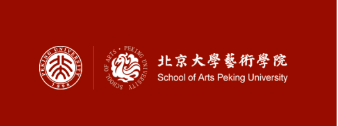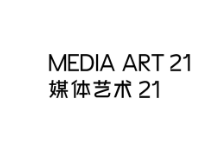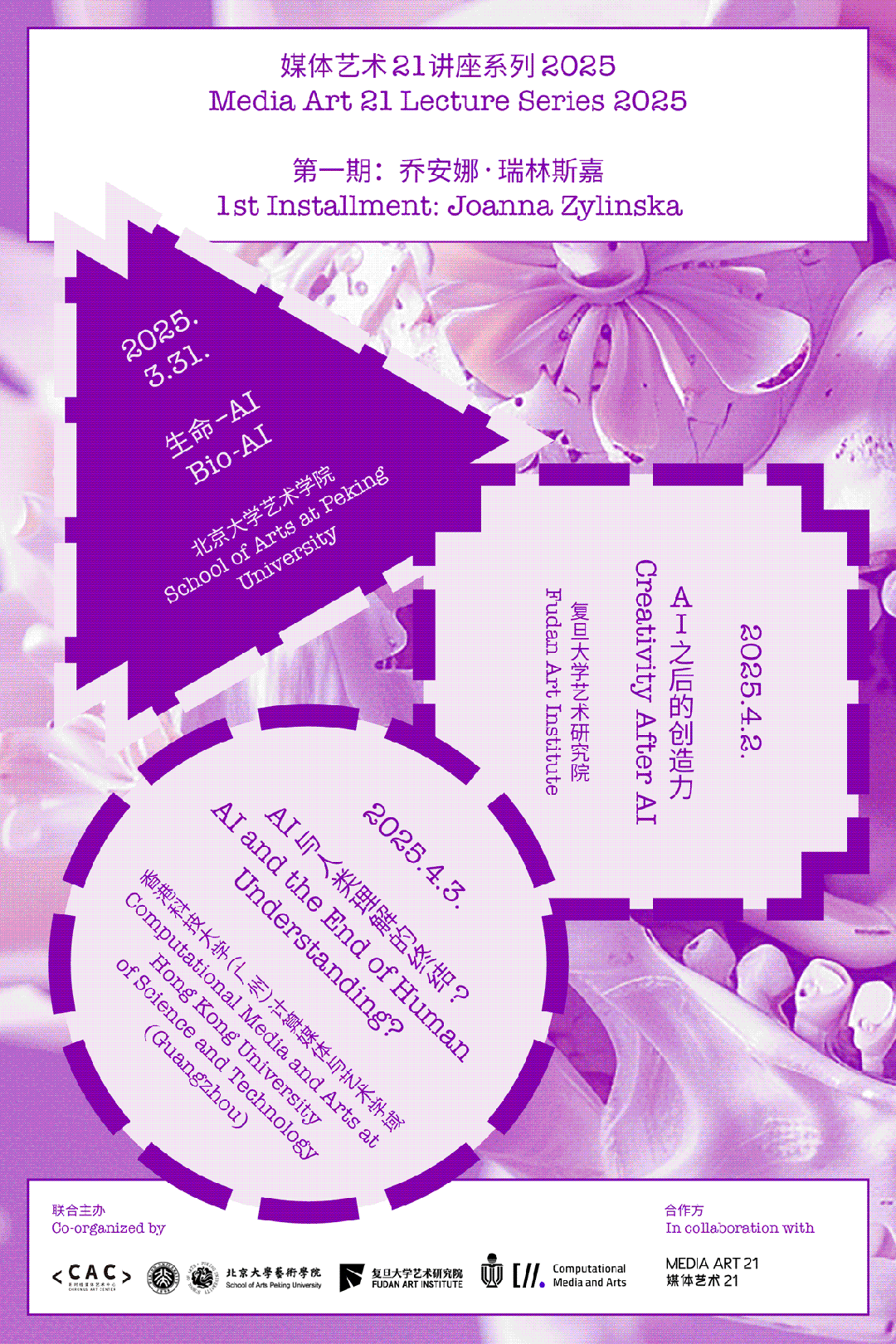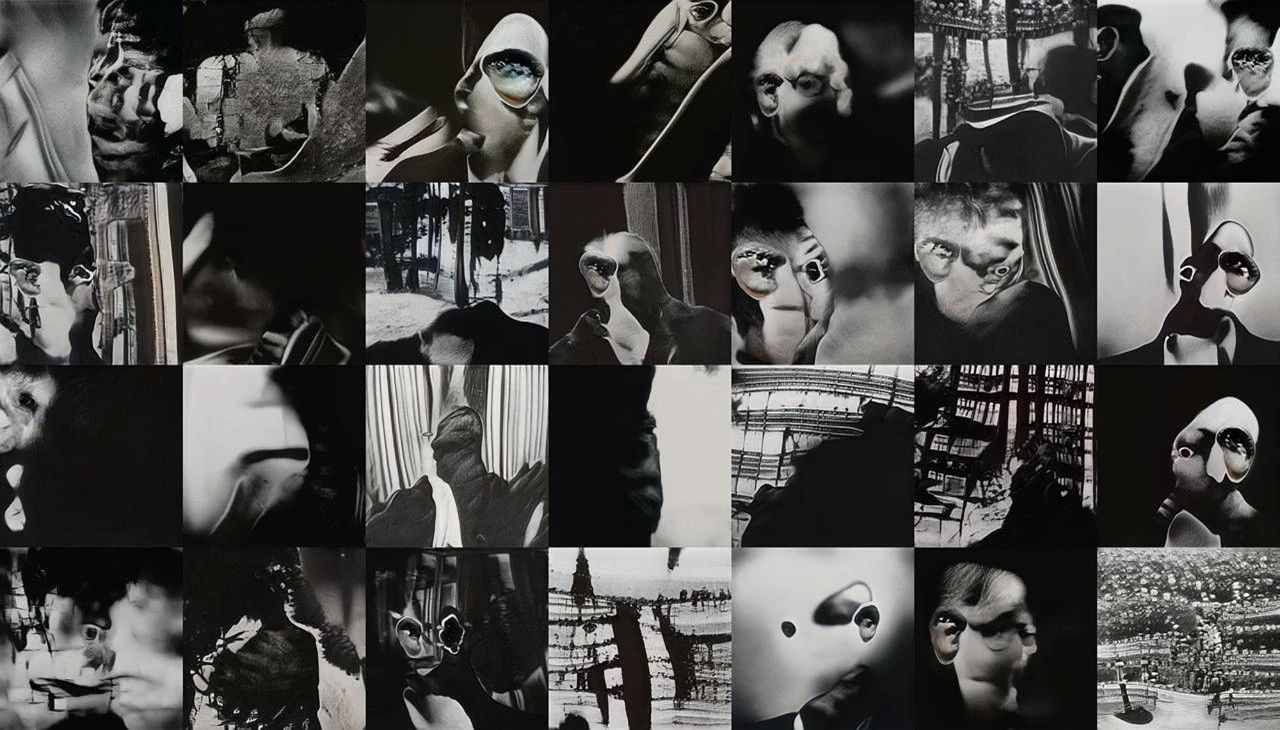MEDIA ART 21 LECTURE SERIES 2025
DATE:
March 31 – April 3, 2025
CO-ORGANIZED BY
Chronus Art Center (CAC), School of Arts at Peking University, Fudan Art Institute (FAI), Computational Media and Arts (CMA) at Hong Kong University of Science and Technology (Guangzhou)
IN COLLABORATION WITH
Media Art 21
The video archive of the lecture series will be made available subsequently through the online lecture portal of the Media Art 21 project (https://ma21.org/en/lectures)
MEDIA ART 21 LECTURE SERIES 2025
1st Installment: Joanna Zylinska
LECTURE TOUR SCHEDULE:
March 31, 19:00 – 20:30
Bio-AI
Venue: Junzhai Lecture Hall (Red Sixth Building Attic), School of Arts at Peking University, Beijing
April 2, 14:00 – 16:00
Creativity After AI
Venue: Room 2501, West Main Building, Guanghua Tower, Handan Campus, Fudan University
April 3, 14:00 – 16:00
AI and the End of Human Understanding?
Venue: CMA Lab, 3rd Floor, E2 Building, HKUST(GZ)
Chronus Art Center (CAC) is pleased to announce Media Art 21 Lecture Series 2025, co-organized with the School of Arts at Peking University (Beijing), Fudan Art Institute (FAI, Shanghai), and Computational Media and Arts (CMA) at Hong Kong University of Science and Technology (HKUST, Guangzhou). This series is presented in collaboration with Media Art 21 editorial platform.
The MA21 Lecture Series 2025 will feature a number of leading figures in computational culture, whose research spans art, philosophy, anthropology, media studies, and more. They will present their latest work in Guangzhou, Shanghai, and Beijing, addressing key challenges and exploring alternative responses in a posthuman context. Moving beyond traditional lectures, the series will be presented in diverse formats – including dialogues, roundtables, and workshops for a dynamic and interdisciplinary exchange.
The first installment of the MA21 Lecture Series 2025 will feature Professor Joanna Zylinska, the British artist, writer and curator, who will present a thought-provoking exploration of AI’s impact on creativity, knowledge, and the human experience through her media philosophy and artistic practices.
The first section of the tour, titled Bio-AI at the School of Arts at Peking University, will examine the bio-machines of generative AI alongside of the history of cinema, which once served as a source of animist impulses. The lecture will question whether generative AI has become a new life-enhancing medium while raising ethical concerns about extractivism and the future of humanity.
Zylinska will bring the topic further with the lecture Creativity After AI at FAI in Shanghai, to challenge anxiety surrounding AI-driven artistic redundancy, critically assessing narratives of machinic creativity and inviting a rethinking of human purpose in an era of technological transformation. Additionally, she will engage in dialogue with artists XI Lei and ZHOU Le, who will incorporate their latest residency project at CAC, Farming Instead of Mining, into the discussion, extending the exlporation of the narrative and epistemlogical framwork behind today’s creativity driven by AI development.
The tour will conclude with the lecture AI and the End of Human Understanding? at CMA, HKUST Guangzhou, where Zylinska will interrogate how machine vision – particularly diffusion models like Stable Diffusion and DALL·E – reshapes human perception and challenges traditional notions of cognition, moving beyond functionalist perspectives on AI. She will be joined by CMA Professor Clea von Chamier-Waite, who will introduce her research and artistic practice in “Material Poetics” and how she approaches immersive cinema as a multimodal field of possibilities within a material poetics of space. Together, they will reveal how emerging technologies can transform the humanist framework underlying the conventional representation and imaging, opening up alternative ways of seeing and knowing in the epoch of Anthropocene.

Established in 2013, Chronus Art Center (CAC) is China’s first nonprofit art organization dedicated to the presentation, research / creation and scholarship of media art. CAC with its exhibitions, residency-oriented fellowships, lectures and workshop programs and through its archiving and publishing initiatives, creates a multifaceted and vibrant platform for the discourse, production and dissemination of media art in a global context. CAC is positioned to advance artistic innovation and cultural awareness by critically engaging with media technologies that are transforming and reshaping contemporary experiences.
www.chronusartcenter.org

The School of Arts at Peking University is a secondary college under Peking University dedicated to cultivating artistic talent and conducting arts research. It evolved from the Department of Arts established in 2006 and was officially upgraded to the School of Arts in 2011. The school offers a first-level discipline in arts, covering undergraduate, master’s, and doctoral degree education. The school boasts strong faculty resources, including nationally and internationally renowned scholars in fields such as art studies, film and television, and fine arts. It has established cooperative relationships with multiple internationally renowned universities and colleges, conducting extensive academic exchanges and collaborative projects, providing students with diversified learning and development opportunities. The school emphasizes the interdisciplinary integration of arts with humanities and technology, and is committed to cultivating artistic talents with innovative spirit and practical abilities, wielding significant influence in the field of arts education both domestically and internationally.

Established in July 2023 , Fudan Art Institute(FAI) is a research institution that incorporates relevant disciplines across the Fudan University, it connects local or international art museums and organisations, it congregates leading scholars and artists worldwide. FAI initiates its core research area around ‘Traditional Chinese Art , Modern and Contemporary Western Art, Intersection of Art and Technology’. With its main support from the Philosophy of Art Department at School of Philosophy, FAI fosters an interdisciplinary creative platform through documenta exhibitions, curatorial courses, public art events, artist residency programs and museum partnerships.

Computational Media and Arts (CMA) is a research and academic thrust area within the Information Hub, The Hong Kong University of Science and Technology (Guangzhou). As an interdisciplinary program for computational and radical creativity, CMA brings together visionaries with backgrounds in art, design, science, and engineering to think critically, reach beyond convention and make innovation.
Unique among other thrusts and departments at HKUST, the CMA comprises both art and technology, focusing on art creation and visual communication with advanced emerging technologies. Faculty and students work together across disciplines like art with augmented reality (AR) and virtual reality (VR), AI-generated art, information art and design, and data visualization. Art creation and visual communication are carried out in the exchange and collision of art and tech with social impact for the public to understand and enrich their lives, environment and communities.
https://cma.hkust-gz.edu.cn/

Media Art 21 – Practices, Reflections, and Pedagogies of Global Media Art Since 2000 (MA21) is a new bi-lingual online editorial platform co-organized by the Institute of Sci-Tech Arts, Central Academy of Fine Arts and the ZKM | Center for Art and Media Karlsruhe. It addresses some of the most urgent topics of our time through three key themes – Ecologies, Post-human, The Commons. MA21 encourages contributions from potential partners—artists, scholars, critics, and curators—to participate in all constructive ways, making it a rich intellectual resource for the study of media art in the new millennium.
Joanna Zylinska
Joanna Zylinska is an artist, writer, curator, and Professor of Media Philosophy + Critical Digital Practice at King’s College London. She is also a member of Creative AI Lab, a collaboration between King’s and Serpentine Galleries. Zylinska is an author of a number of books, including AI Art: Machine Visions and Warped Dreams (Open Humanities Press, 2020,open access) and Nonhuman Photography (MIT Press, 2017). An advocate of ‘radical open-access’, she is an editor of the MEDIA : ART : WRITE : NOW book series for Open Humanities Press. Her art practice involves experimenting with different kinds of image-based media. In 2013 she was Artistic Director of Transitio_MX05 ‘Biomediations’, the biggest Latin American new media festival, which took place in Mexico City. She is currently researching perception and cognition as boundary zones between human and machine intelligence, while trying to figure out what art ‘after AI’ will look like. Her latest book, The Perception Machine: Our Photographic Future Between the Eye and AI, came out from the MIT Press in November 2023.


